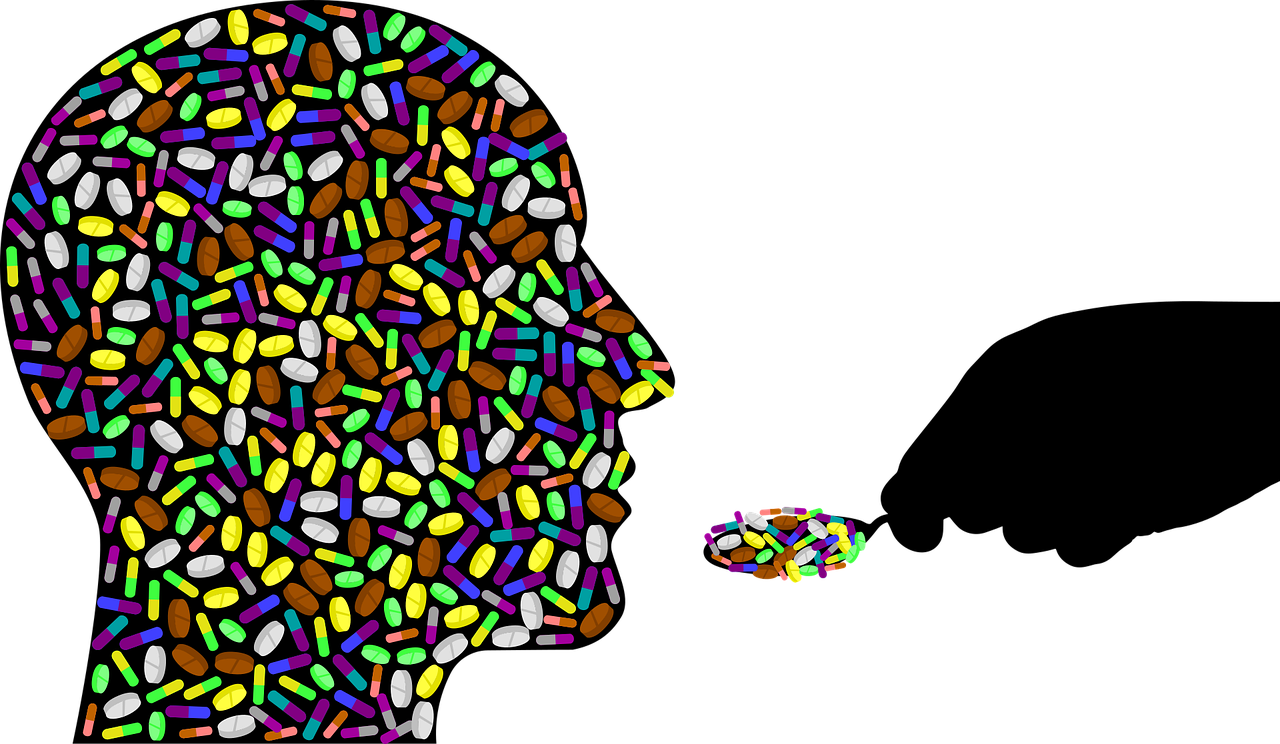History of UK drug use: the 1950s and 1960s
This podcast series uses both legal and illegal drugs to present a medical and social history of the mid-twentieth-century Britain.
The series will greatly interest those who wish to understand where our current drug policies come from and mood-altering drugs' prominence in medicine.
As drugs are not only a social issue but often act as an outlet for societies to express social anxieties, this series also offers a look at some of British culture's deep inward fears. The podcast's dual look at medicine and social issues also offers a chance to examine how the two intertwine and affect each other.
The episode plan for the first season, which will focus on the 1950s, is as follows:
- The rise of psychopharmacology and medical and philosophical reactions to it: This episode presents reasons for the drug-taking boom that took place in the 1950s and medical philosophies surrounding why people take drugs.
- Pharmaceutical marketing: Here we explore how pharmaceutical companies and their marketers affect the practice of medicine and the Government's reaction to it (or lack thereof).
- Thalidomide and the profession and the industry: This episode investigates one of history's greatest pharmacological disasters and how a close relationship between the medical profession and the pharmaceutical industry facilitated it.
- Race, cannabis, sex and the police: Using news articles from the time, we demonstrate how cannabis was used to play up social fears surrounding racial mixing and young female independence. The episode also provides historical context to the UK's racial bias in drug policing.
- Heroin (untitled): Here we will use the 1955 attempted ban on heroin to explore how society and medicine affect each other.
The next season will cover the 1960s; its drug scares, changing medical and philosophical ideas around its use and the introduction of drug legislation. Ending with the 1971 miss use of drugs act, the cornerstone of the UK’s current drug policy.
